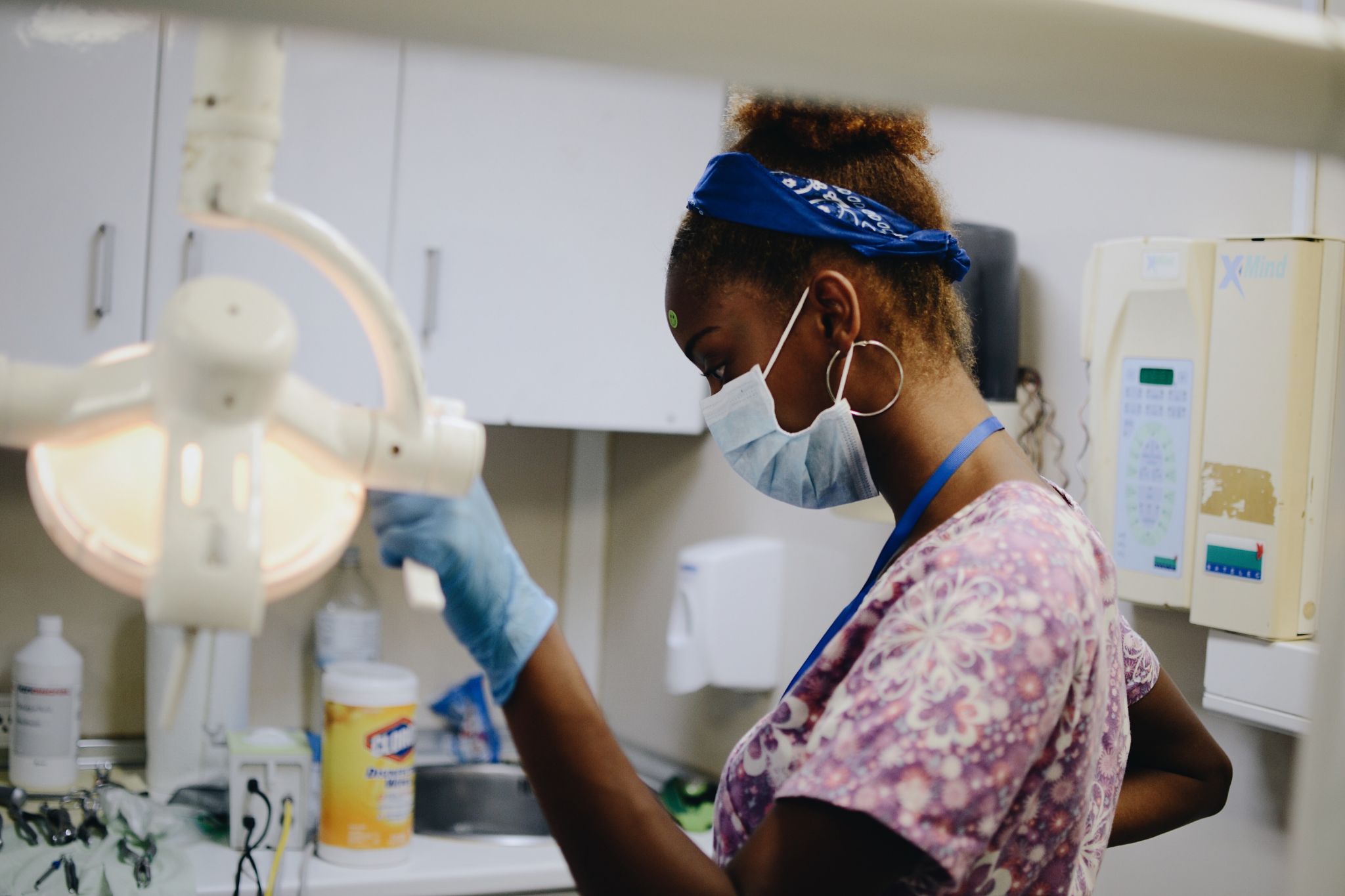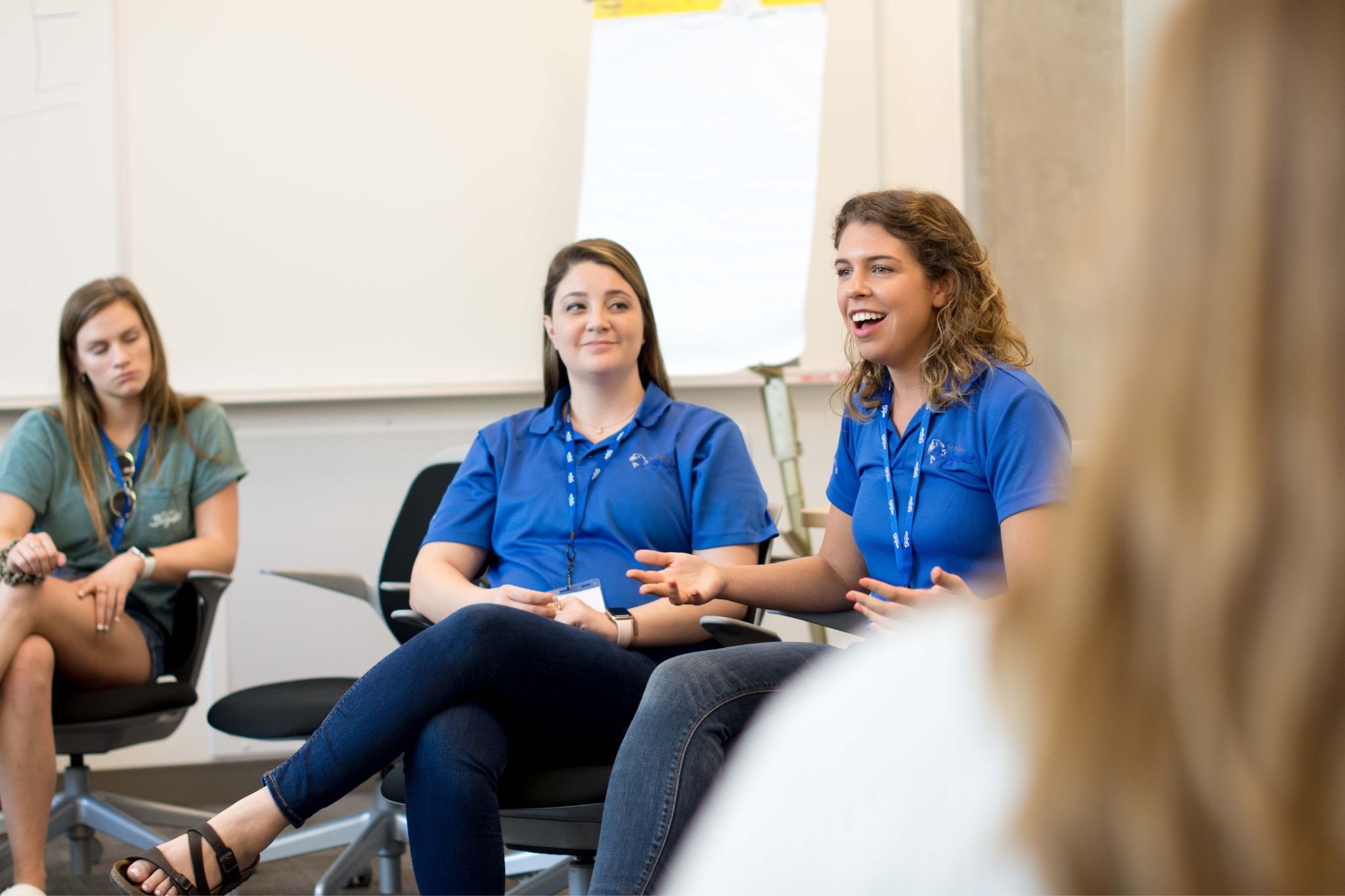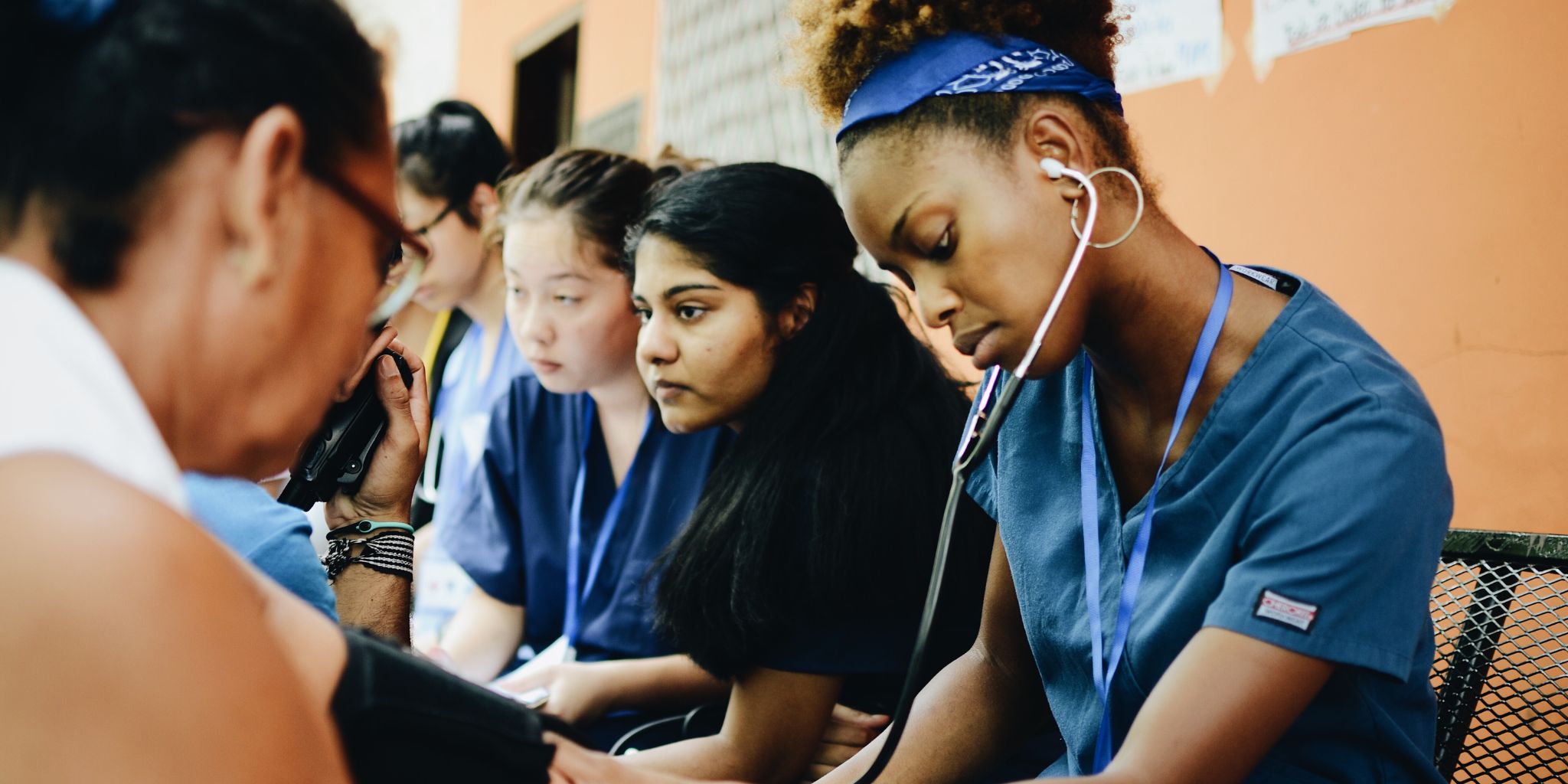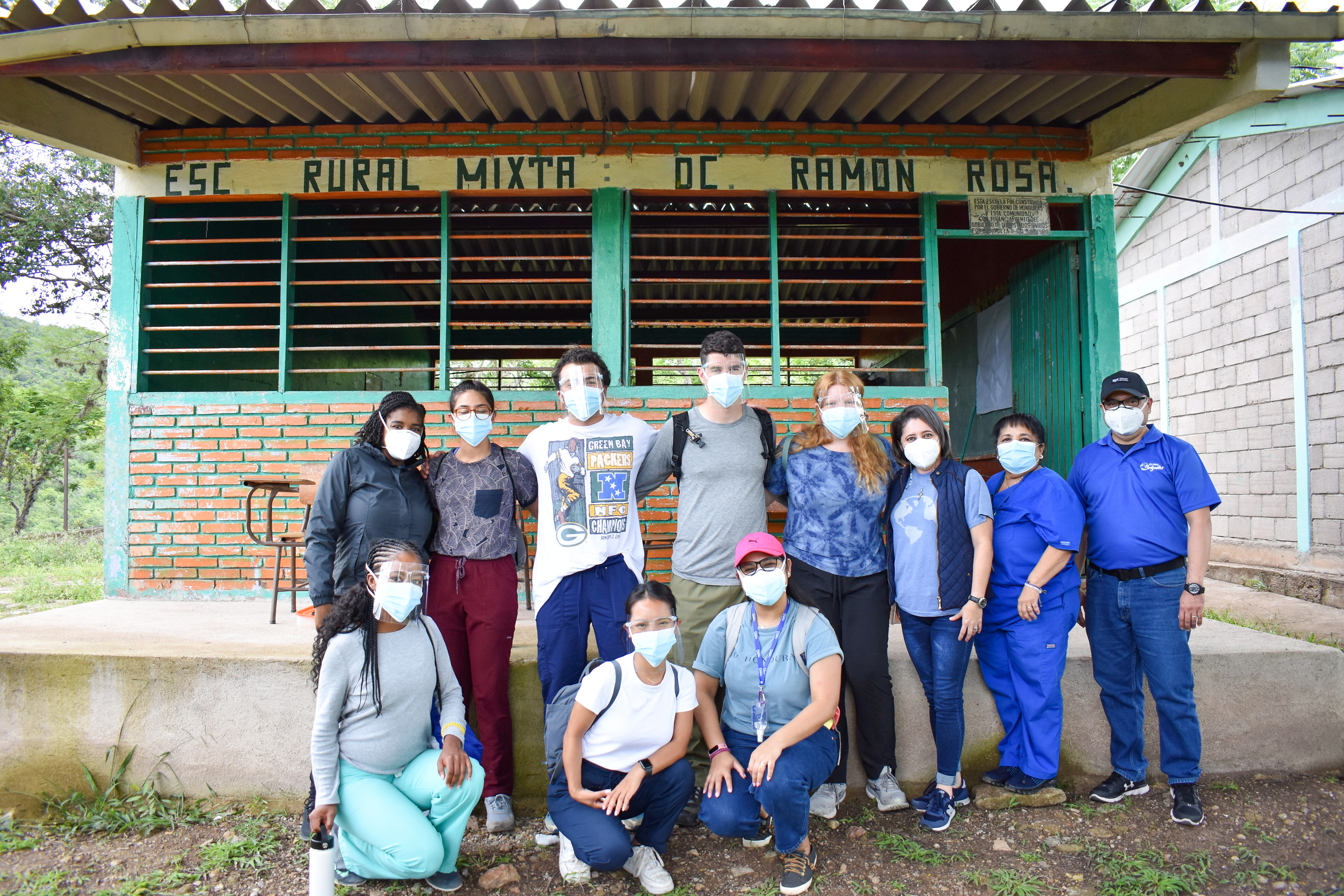Winter break is when most undergraduate college students head home for the holidays and take their much-needed time off before the spring semester. Pre-med students, on the other hand, may wisely try to use this break to boost their medical school application.
What should pre-med students do over winter break? The best option depends on your own unique circumstances:
- If you're feeling overwhelmed and depleted, use your winter break to relax and take a mental break from the rigorous coursework. Burnout is real, and you can’t keep pushing forward if you don't recharge.
- If you’re energized and want to use your winter break strategically, seek out activities that align with with your interests, career and academic goals, and potential gaps in your medical school application.
Some of the best strategic winter break activities involve studying for the MCAT, joining research programs, or using your free time for volunteer opportunities.
Year-By-Year Winter Break Tips
Pre-meds take their undergrad years very seriously, and for good reason — you get only 3 years (or 4, if you plan to take a gap year) to be prepared to apply to medical school. Optimizing your winter, spring, and summer breaks for studying, clinical experience, and volunteering is one way to stand out to admissions committees.
How you use your winter break may change the closer you get to graduation.
First Year
First-year pre-med students attending school far from home may consider spending Christmas and New Year's with family. If you’re already close to home or want to try something more adventurous, look into shadowing, internship, volunteering, or lab opportunities over the break.
Second Year
In your sophomore year, you’ll have a little more education under your belt. Volunteering in a healthcare setting to gain clinical experience and charting out your MCAT study plan are good ideas for your winter break. Many first-time brigaders go on their first trip during sophomore year winter break (although students in any year are welcome!).
Third Year
No matter what you choose to do during junior year winter break, include MCAT studying if you plan to apply to medical school in the coming spring. You should also use this time to start drafting your personal statement and sorting out what you still need for the application process.
This may be your last winter break to travel with an organization like Global Medical Brigades if you want to include this type of volunteering on your application.
Fourth Year
By your senior year, you’ll likely have already applied for medical school and are awaiting interviews. Take this break before the next semester to focus on your mental health. You want to be fresh for your interviews.
If you’re taking a gap year, your senior year winter break might be a great chance to volunteer, shadow, or study for the MCAT.
6 Activities to Do Over Winter Break as a Pre-Med
Winter break offers pre-med students distraction-free time to focus on academic and personal development in preparation for a career in medicine. Here are our favorite suggestions for how to use this break strategically as you get ready to apply to med school:
1. Get Ahead on Studying
A break from classes and homework will give you the time to focus on studying. Even though the semester is over, if you know you have tough classes next semester, this is the perfect time to get a head start on the material.
If you’re further along in your academic career, consider taking practice exams for the MCAT and studying material that needs improvement.
2. Volunteer Locally
Balance your academic pursuits with activities that foster personal growth. Volunteering gives you the opportunity to partner with your neighbors, learn new skills, and develop new passions that will drive your future in medicine.
Engaging in local volunteer work, particularly with health professionals, can enrich your medical school application and provide a deeper understanding of community health issues.
But don’t pigeonhole yourself into just medically relevant volunteering. Think about other local volunteer opportunities that you may be passionate about or interested in, such as volunteering at a homeless shelter, animal rescue, or foster care organization.
3. Volunteer Internationally
International medical volunteering allows you to learn about global health in a way you simply can’t do if you don’t leave your home country.
With Global Medical Brigades, you can participate in a sustainable medical volunteer trip to gain hands-on medical experience. Even better, our short-term brigades are part of year-round Brigade Chapter participation, where you’ll have the chance to learn a new language, enhance your leadership skills, gain a new perspective on healthcare around the world, and much more.
A Medical Brigade is only one piece of a larger holistic model to join with partner communities as they raise themselves out of poverty. We engage with communities around the world who would otherwise have limited access to healthcare, supporting their efforts to build year-round medical clinics staffed by healthcare professionals.
If you are considering volunteering abroad, we urge you to ensure it is an ethical opportunity, not a chance for voluntourism.
Check our University Map tool to find a brigade on your campus. If you don’t see your university on the map, you can become a chapter president, gaining valuable leadership skills while on your Brigade and throughout the school year.
4. Prepare Your Medical School Application
Winter break is the perfect time to familiarize yourself with the medical school application process, especially if you’re in your third year of undergrad.
There are many components involved when applying to medical school. You’ll need to write your personal statement, consider who you’ll ask for strong letters of recommendation, and touch up your résumé for the Work and Activities section.
If you’ve already gone on a Brigade, we’ve created a guide to help you write about it on your application.
You can also take breaks to research the schools and specialties you are interested in. It’s also advisable to learn about financing your medical education. Use this time off to research scholarships, grants, and loan options to ease the burden of medical school costs (including the cost of applying).
5. Relax and Focus on Your Mental Health
Remember to give yourself time for relaxation and mental health. You study diligently all school year, and you do deserve this well-earned break. Being fresh for the next semester is important to keep your GPA up and take in the new course material.
Be kind to yourself and take a moment to de-stress for your personal well-being.
6. Socialize, Network, and Visit with Family
Use winter break to reconnect with family and friends. When you are studying hard each evening, maintaining your extracurricular activities, and volunteering, it can be hard to keep in touch with your loved ones.
The bonus of taking the time to socialize is that you may find yourself able to intentionally or unintentionally network with peers and professionals in the medical field. Go to a lecture. Attend a webinar. Build relationships that support your personal and professional growth.
Don’t Waste Winter Break
Winter break for pre-med students should align with where you are in your undergraduate career, your short and long-term academic and career goals, and your general well-being. By strategically utilizing this time, you can boost your medical school application, gain valuable experiences, and return to your studies recharged and focused.
And “strategic” doesn’t mean “busy” — if it’s what you need most, a relaxing winter break with no responsibilities is a fantastic use of your time.
For a well-rounded winter break activity, consider joining a Medical Brigade.
You’ll gain volunteer hours, clinical experience, shadow, and partner with an under-resourced community all at once. Network with other healthcare professionals and aspiring physicians as you are immersed in a new culture, learning valuable lessons about global health.






